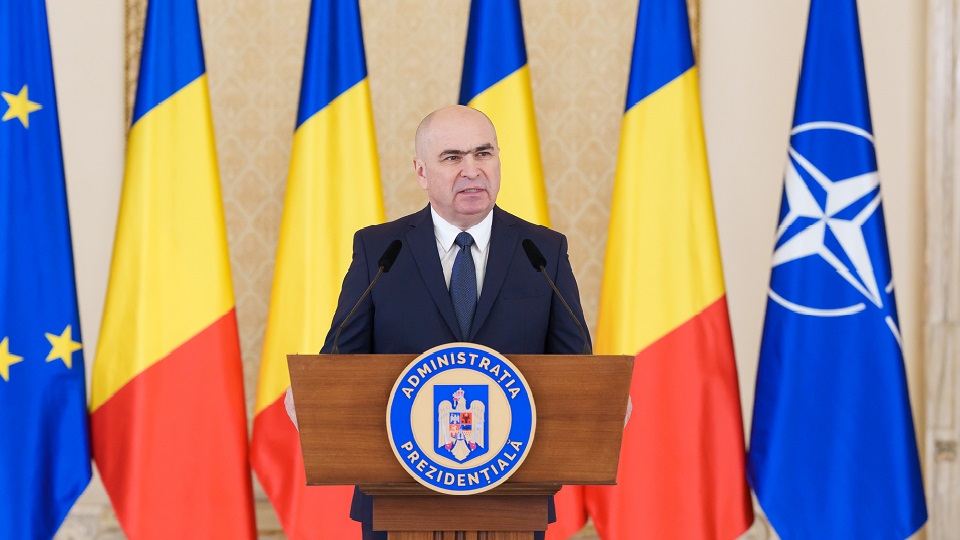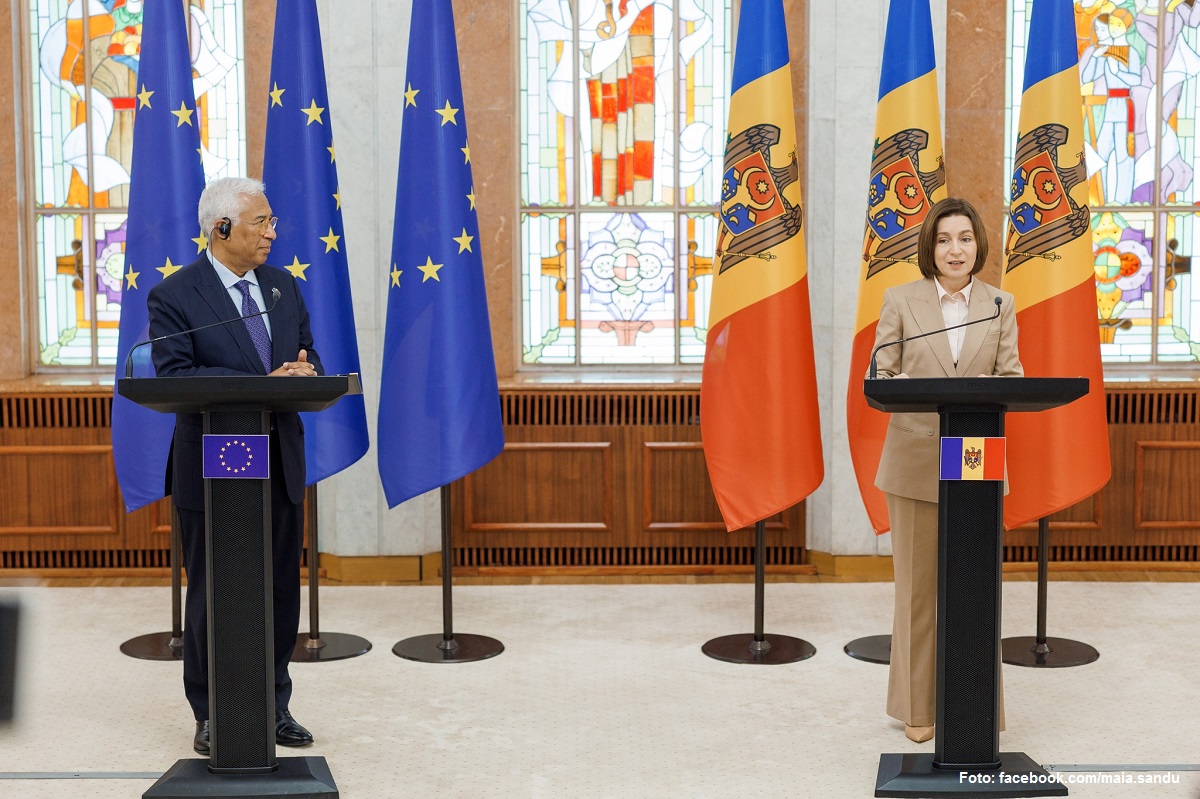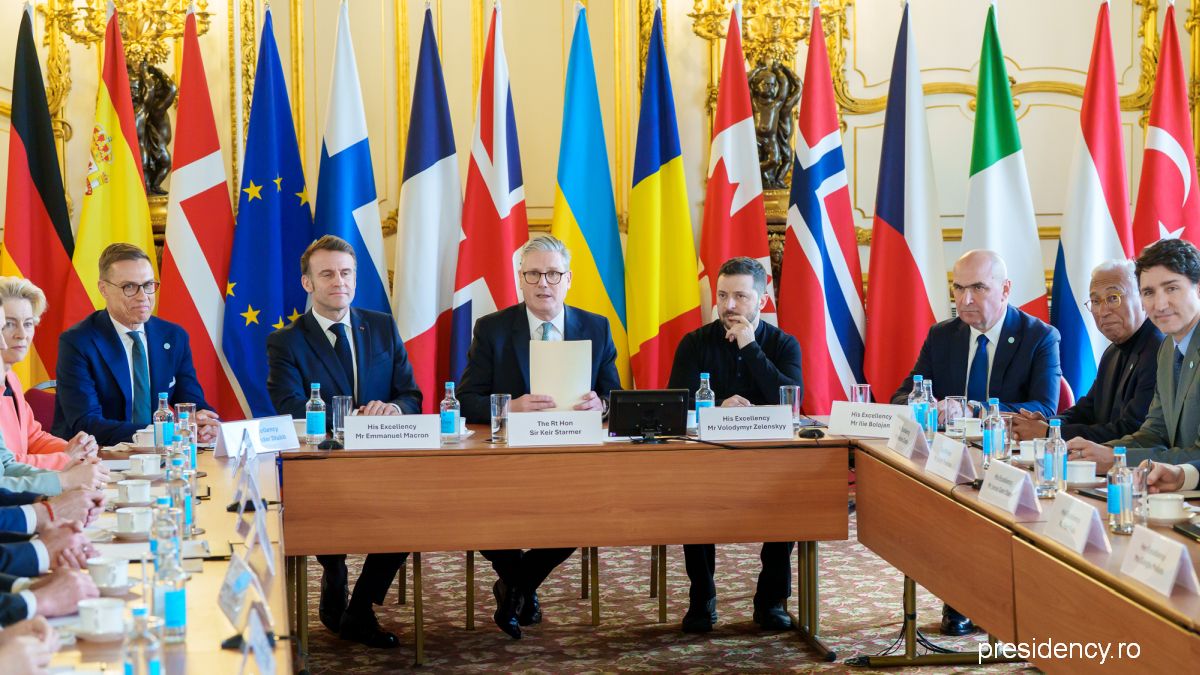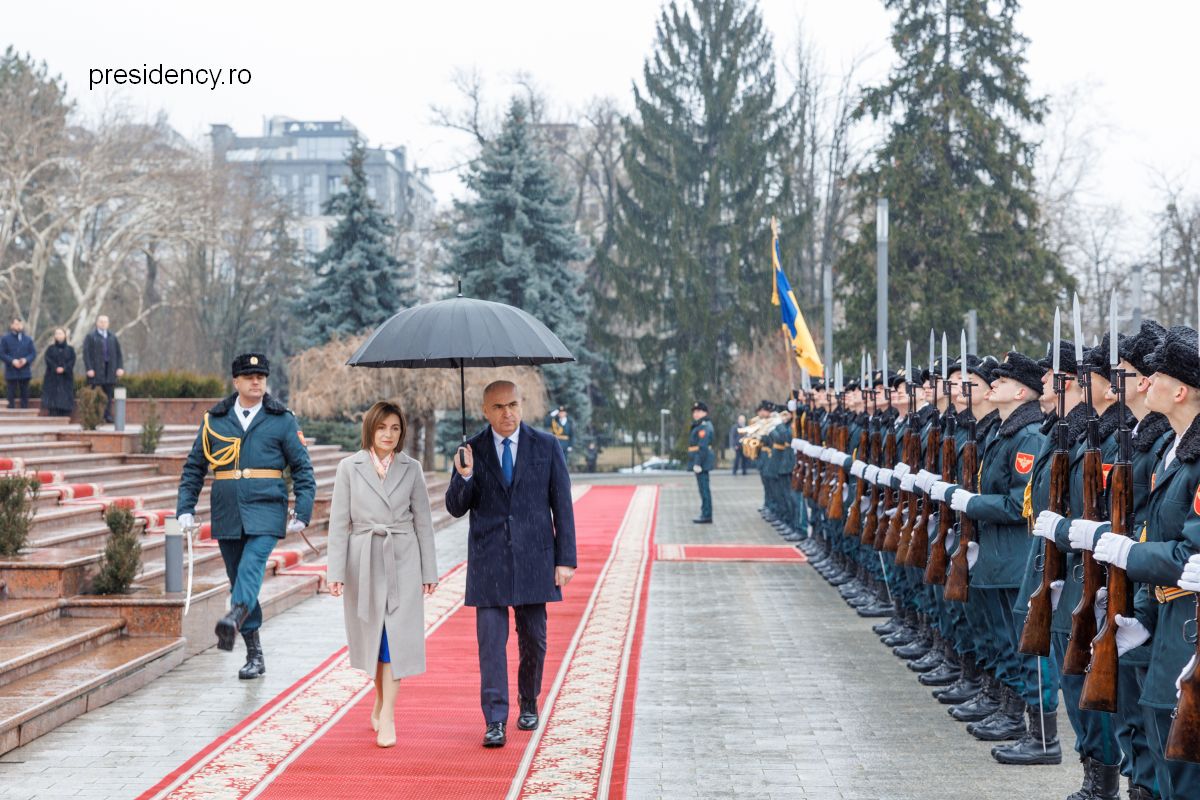The outcome of the Moldovan presidential elections
Moldovans will be kept in suspense as to who will run their country, until November 13, when the second round of voting is held.

Bogdan Matei, 31.10.2016, 13:47
Confirming early opinion polls, the leader of the pro-Russian socialists, Igor Dodon won the first round of Sunday’s presidential elections in the Republic of Moldova, a former Romanian province with a mostly Romanian speaking population. Less predictable was, however, the 10% difference between Dodon and his contender, the pro-Western Maia Sandu. Soon after the voting ended, Igor Dodon has said: “This election has clearly proven that the leader of the socialist opposition enjoys most of Moldovans’ trust.”
In turn, Maia Sandu, a former education minister, has made no effort to hide her satisfaction at a second round of voting being held: “I believe that today we can celebrate a first victory. We have taken a first step towards a dignified life that we all have the right to, here, in the Republic of Moldova.”
Most commentators believe that two intense weeks will follow, during which the two candidates will have to make sure they can further enjoy the support of their electorate and, if possible, increase their number of voters. From this viewpoint, commentators say Maia Sandu stands good chances to win over more supporters. Of the seven presidential candidates eliminated from the race after the first round, there is only one, Dmitri Ciubasenco that shares Dodon’s pro-Russian views. All others are supporters of a pro-Western stand. That is why it is expected that promoters of Moldova’s reunification with Romania, such as Mihai Ghimpu and Ana Gutu as well as the former PM Iurie Leanca, who had signed, two years before, the Moldova-EU association and free trade agreement, should urge their supporters to vote Maia Sandu in the second round.
According to sociologists, Maia Sandu has to convince young people to go to the polls. In the first round, more than half of the potential voters showed no interest in the election, although it was the first time in the past 20 years when citizens had the chance to vote the head of state directly, instead of being nominated by parliament. The voter turnout rate was 49%, the lowest in the country’s history. Almost 30% of voters, who feel closer to Moscow, were aged 56 to 70, while the young people aged 18 to 25, supporting Western values, represented only 10% of the voters. Radio Romania correspondents in Chisinau quoted pundits as saying that the low voter turnout has been triggered by the citizens’ disappointment at the situation in their country.
The second round of voting is decisive not only in political terms but also in geopolitical terms. The victory of Dodon, an anti-Romanian and anti-European politician, guided by Moscow, would bury Moldova’s European aspirations indefinitely and fulfil his wish to integrate the country in the Russia-Belarus –Kazakhstan Union. This would make useless the 7-year long efforts deployed by pro-European forces that have been ruling the country since 2009, to take Chisinau out of Moscow’s orbit and get it closer to Europe.
(Translated by Elena Enache)






























